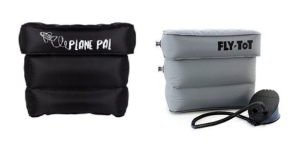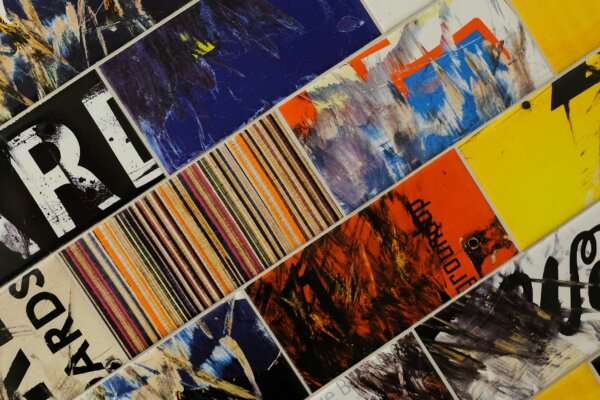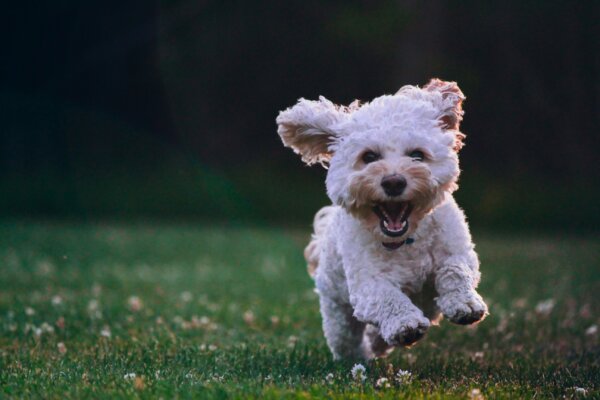PLANE PAL and FLY TOT – airplane pillow design dispute
Written by Éamon Chawke | February 12, 2018
The PLANE PAL product and the FLY TOT product
Samantha Cardone designed and developed the Plane Pal inflatable cushion with a view to helping children sleep better on planes. Winnie Lu and Kate Kuo allege that Cordone stole the design from the Fly Tot product design and developed by their U.S. company.
Spot the difference
The Background scoop
Lu and Kuo allege that Cardone contacted them asking to be the Australian distributor for the Fly Tot product. However, no deal was ever finalised and a non-disclosure agreement was never entered into by the parties.
Lu and Kuo also allege that Cardone subsequently contact the manufacturer of the Fly Tot product based in China to enquire whether the Chinese manufacturer could produce a similar product for a different market under different brand (i.e. the Plane Pal brand).
Cardone denies all these claims and argues that, even though the products may be visually similar, her Plane Pal product has a superior design and is more durable.
Cardone’s company is allegedly expected to turn over $1,000,000 this year and, accordingly, it may have been in Lu and Kuo’s interest to pursue her for infringement of their intellectual property rights. However, Lu and Kuo were unable to issue proceedings against Cardone because they never obtained a design patent for their Fly Tot product in Australia.
In addition, because the design of their Fly Tot product is on the market and therefore in the public domain, Lu and Kuo can no longer a design patent for their Fly Tot product.
Briffa comment
There are a few key points to take away from the airline pillow saga.
First, consider registered design protection for new products. When copycat products appear on the market under a different brand name, trade marks are of limited use when it comes to preventing the infringement. It is sometimes possible to make a claim based on unregistered rights in attempt to get the copycat product off the shelves (e.g. a copyright infringement claim, a passing off claim or an unfair competition claim), but evidentiary and other obstacles often prevents these claims being successfully made out. The best way to prevent competitors from copying the design of your product is to file registered designs for the design of that product (registered designs are referred to as design patents in some territories). Registered designs are relatively inexpensive and easy to obtain in most territories, because the application does not undergo a comprehensive substantive examination in the same way that trade mark and patent applications do.
Second, consider contractual protection. When dealing with third parties involves the exchange of intellectual property and/or confidential information, it is always advisable to ensure that appropriate contractual protections are put in place (e.g. a non-disclosure provision preventing the disclosure of confidential information to a competitor by a manufacturer or an exclusivity provision preventing a manufacturer from working with a competitor). In some circumstances, it may be difficult to enforce such provisions (e.g. particularly where the manufacturer is based in China). However, it is always better to have such provisions in place than to have no contractual protections in place whatsoever.
Third, take specialist IP advice at the outset. This is a prime example of a situation where the failure to take action and apply for a design patent at the outset could not be remedied later (because the novelty in the design was lost after the design was disclosed to the public). Speaking to an intellectual property expert at the outset will allow you to consider all the options available to you for the protection of your products and your business as a whole (e.g. trade mark, design, copyright and patent protection, contractual protection, IP watching services and IP infringement insurance).
Briffa advises on all aspects of intellectual property law and practices, including contentious and non-contentious trade mark, copyright, design right and patent matters. If you would like a free 30-minute consultation with one of our specialist lawyers, please do not hesitate to get in touch.


